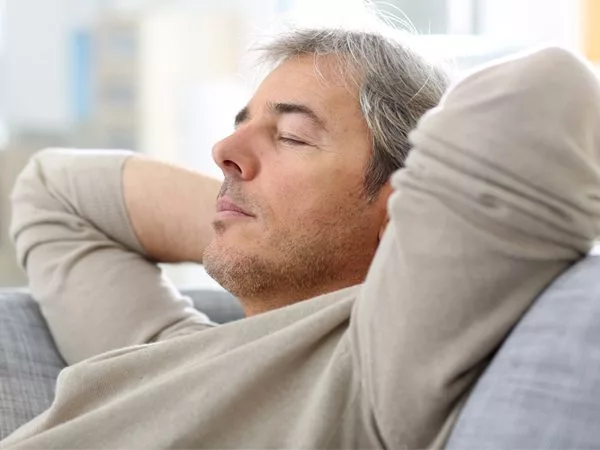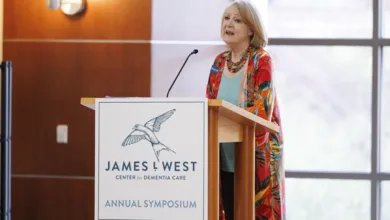Power-Napping Benefits

A 20-Minute Nap a Day Makes You Happier and Healthier
My dad was a master of, and believer in, the nap. He’d decide how long he was going to sleep — 15 minutes, maybe, but never longer than 30 — and when that time elapsed, he was awake and restored.
Dad had it right. Sleep too long and you wake up disoriented; sleep too short and you need another nap. And he was right about a nap’s necessity. Too many of us are sheepish nappers, embarrassed to even admit we nap.
The Sleep Foundation Tells Us Napping Can Help Us in All Sorts of Ways
- Naps help us perform better.
They help us feel more awake, especially if we haven’t slept long enough the previous night. They improve our memory. They even regulate our emotions.
- And naps save lives.
For 2019, the National Highway Safety Traffic Administration reports driving while drowsy was the cause of 697 deaths. In 2017, 91,000 accidents reported to the police involved drowsy drivers—leading to 50,000 injuries and almost 800 deaths. If you’re feeling sleepy, the NHSTA recommends you pull over in a safe spot for a 20-minute nap.
- Businesses are even seeing the benefits of naps for employees.
The Sleep Foundation reports more than one-third of companies encourage 20-minute power naps. One is Orangetheory Fitness; its Florida headquarters includes two nap pods for employees to reset and recharge during the workday.
While Power-Naps Have Many Benefits, Be Careful of Over-Napping
The Sleep Foundation stresses the need to keep naps short. Taking naps more than an hour long on a regular basis can have negative effects, perhaps indicating that nighttime sleep is insufficient.
For people who work an early shift, though, or who stayed up too late the night before, longer naps (known officially as “recovery naps”) can be just the ticket. Which brings us to other kinds of naps.
“Appetitive” are for the pure joy of sleeping (perhaps because they feel so delicious!). Others include “prophylactic,” which might be taken to stave off sleepiness before a night shift. When we’re sick, we need to sleep more; these are “essential” naps.
Here Are Some Sleep Foundation Tips to Make Your Naps the Best and Most Refreshing They Can Be
- Set a timer.
If you don’t have an inborn alarm clock like my dad did, use your watch timer or an old-fashioned alarm clock. Nap times from 10-20 minutes should be just right.
- Skip the late-day naps.
They might keep you awake at night. Instead, plan your nap halfway between the time you wake up and the time you go to bed.
- Relax.
If you lie down and immediately think of all you need to do, you won’t have a good nap. Here’s what I do when I want to sleep: I inhale to the count of five, thinking of something with which I want to fill myself, then exhale to the count of five thinking of something I’m trying to let go. I might inhale peace and exhale stress. Or inhale courage and exhale fear. Or simply count, slowly focusing on each inhale and exhale.
We’ll see you—refreshed and renewed—in 20 minutes or so.
Sweet dreams.






